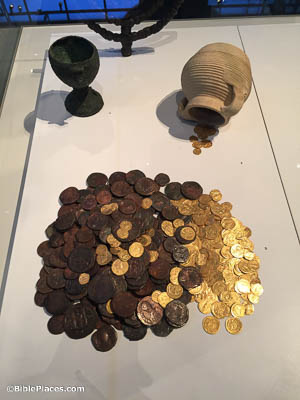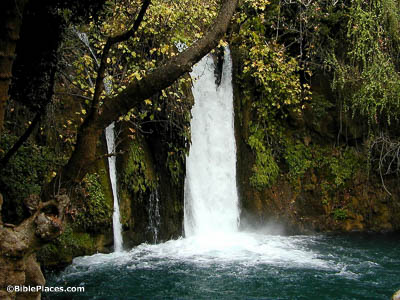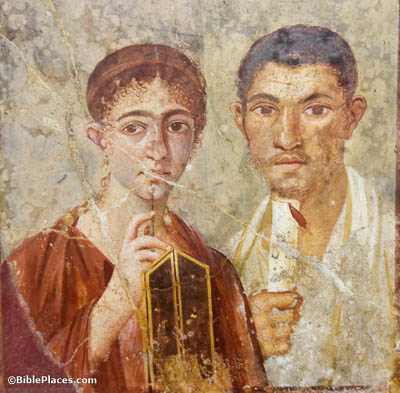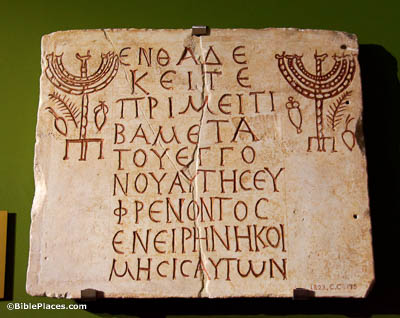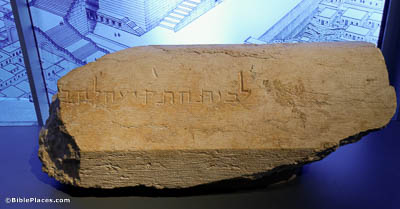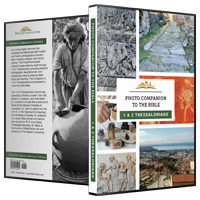But concerning brotherly love you have no need for anyone to write to you . . . for indeed you are practicing it toward all the brothers who are in all Macedonia (1 Thessalonians 4:9-10).
The love which the Thessalonian Christians showed toward the brothers in Macedonia may refer to a variety of things, including financial support (cf. 2 Cor 8:1–5). This collection juglet illustrates the possible financial implication of this verse. It is from a synagogue at Horvat Rimmon (Kfar Rimmon) and was found with 12 coins with the image of Christian emperors. Even though this is from several centuries after Paul, it is very similar to the same sort of vessel used to hold coins centuries earlier.
